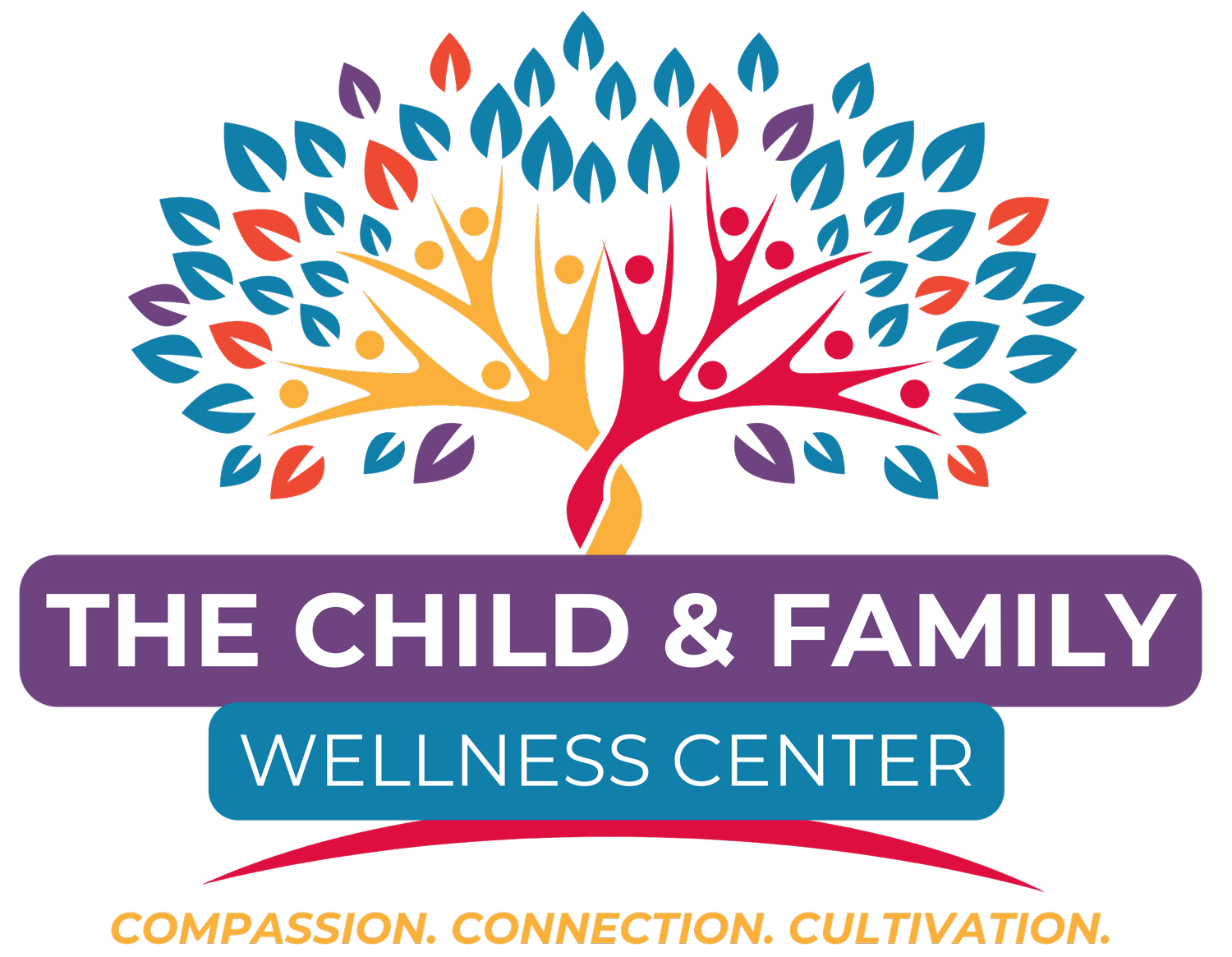Can AI Chatbots Replace Family Therapy?
In recent years, AI-driven chatbots have emerged as a trendy tool for mental health support. Apps like Calmi.so, a popular AI therapist that communicates in a Gen Z-friendly tone, have attracted tens of thousands of users seeking convenient, on-demand support for mental well-being. While this technology is promising and even accesible, it is crucial to exercise caution when considering AI as a substitute for professional mental health care—especially for addressing mild or chronic mental health conditions.
Understanding the Role of AI in Mental Health Care
AI-powered chatbots have been developed to offer conversational support, mindfulness exercises, and coping techniques. These tools can be helpful for users experiencing temporary stress or seeking quick emotional check-ins. However, it is essential to acknowledge that AI is a growing technology, and its capabilities are far from perfect.
Licensed therapists undergo years of education, training, and supervision to understand the complexities of human behavior and mental health. AI, on the other hand, relies on programmed algorithms and large datasets that can sometimes lead to inaccurate or overly generalized advice. Additionally, AI chatbots lack the ability to form genuine human connections, a critical component of effective therapy.
Why Caution Is Necessary
Inaccuracy and Bias: AI systems are only as good as the data they are trained on. They may perpetuate biases or provide advice that does not align with a user’s cultural, emotional, or situational context.
Limited Scope: Chatbots cannot diagnose, treat, or provide personalized care for complex conditions like trauma, anxiety disorders, or depression. Misuse of AI tools may delay necessary professional intervention.
Ethical Concerns: AI lacks the ability to uphold ethical standards in the same way licensed professionals do. Sensitive information shared with a chatbot may not be handled with the same level of confidentiality as with a human therapist.
Chronic Conditions Require Expertise: For those dealing with chronic mental health conditions, behavioral health services from licensed professionals remain irreplaceable. Family systems therapy, functional family therapy, and other specialized approaches are tailored to individual needs in ways AI cannot replicate.
A Balanced Approach to AI in Therapy
AI has its place as a supplementary tool in mental health care. It can provide:
Accessible Support: Chatbots can be a helpful first step for those hesitant to seek therapy.
Psychoeducation: Users can learn basic coping mechanisms, mindfulness techniques, and behavioral therapy principles.
Crisis Management: Some AI tools are programmed to direct users to emergency services or resources in critical situations.
However, it is essential to recognize the limitations of these tools. The Child and Family Wellness Center emphasizes that technology should enhance, not replace, professional care. For example, tools like Calmi.so may complement family therapy, group therapy topics for youth, or behavioral therapy for children by providing additional resources between sessions.
Therapists: Embrace the Technology While Maintaining Expertise
This surge in AI-based tools highlights the need for therapists to stay relevant in a tech-driven world. Incorporating technology into practice—such as telehealth platforms or psychoeducational apps—can improve accessibility and client engagement. At the same time, therapists must emphasize their unique qualifications, including the ability to:
Build genuine therapeutic alliances.
Adapt evidence-based practices to individual needs.
Provide accountability and long-term treatment plans.
Seeking Professional Mental Health Support
If you or a loved one is navigating mental health challenges, it is vital to seek the expertise of licensed professionals. Whether you are searching for "family therapy near me," "multisystemic therapy," or "behavioral health services," professional support can provide the tailored care needed to foster healing and growth.
Services like The Children's Therapy Center or in-home therapy services in Massachusetts are designed to address the unique needs of families and children. Additionally outpatient services can offer flexible support for those balancing mental health care with daily life.
Remember, AI chatbots are not inherently harmful, but they are no substitute for the care and expertise provided by licensed therapists. While AI tools can be part of your mental health journey, they should not replace evidence-based treatment for conditions that require professional intervention.
At the Child and Family Wellness Center, we are committed to helping individuals and families access the care they deserve. Whether you are seeking youth therapy, behavioral therapy for children or group therapy topics for youth, our trained professionals are here to guide you every step of the way. Use AI as a supplementary tool, but never compromise on the quality of care for your mental health.


